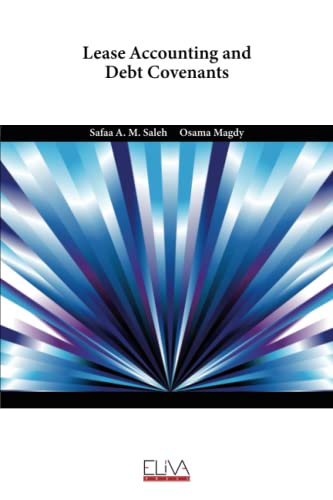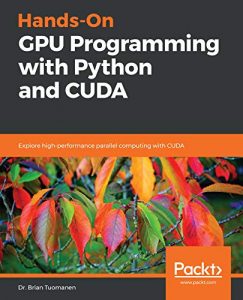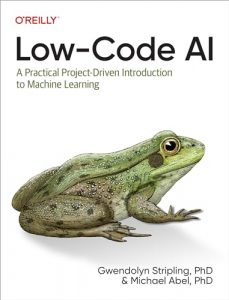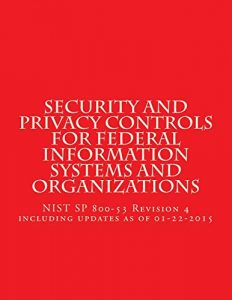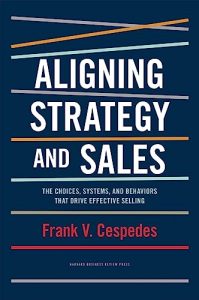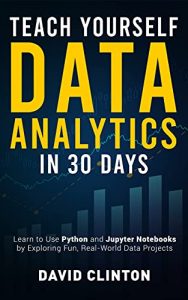1. Lease Accounting and Debt Covenants
Authored by Safaa A. M. Saleh and Osama Magdy, this comprehensive guide delves into the complexities of lease accounting and its implications on debt covenants. With the rise of companies utilizing leases heavily, understanding the financial reporting implications is crucial. This book not only unveils the intricacies of lease agreements but also provides practical solutions and planning strategies on compliance and risk mitigation, making it an essential read for finance professionals and business students alike.
2. Accounting and Debt Markets: Four Pieces on the Role of Accounting Information in Debt Markets
Mark Clatworthy, Juan Manuel García Lara, and Edward Lee offer an insightful exploration of how accounting information impacts debt markets. This book bridges the gap between theory and real-world financial practices, presenting the crucial role that accurate accounting plays in the assessment of risk. If you’re looking to deepen your understanding of how data influences financial decisions in debt markets, this volume is an invaluable resource.
3. Debt Tracker: Simple Undated Debt Tracker Book And Organizer
This practical guide by Accounting Wiz is perfect for anyone looking to keep their finances organized. With its easy-to-use layout, users can track their debts in a manageable way. The book provides a straightforward approach to budgeting and financial planning, helping individuals take control of their obligations without feeling overwhelmed. This book is a must for anyone seeking practical tools to manage their debt effectively.
4. Debt 101: An Essential Primer on Managing Debt
Michele Cagan CPA simplifies the world of debt with “Debt 101”. From understanding credit scores to tackling student loans, this primer is packed with actionable strategies that help readers manage their debt. With clear explanations and practical advice, Cagan demystifies complex financial concepts, making this book a handy guide for anyone looking to improve their financial literacy.
5. Debt Tracker Notebook: Financial Planning Made Easy
Michelia Creations presents a visually appealing and functional planner to help users in their financial journeys. This notebook not only serves as a debt tracker but also encourages users to engage with their financial planning actively. By using this creative tool, individuals can organize their expenses and set goals that promote financial health. It’s a great gift idea for those aiming to get smarter about their money management!
6. Private Debt: Understanding Alternative Lending
Stephen L. Nesbitt explores the expanding field of private debt in this enlightening book. With the emergence of alternative lending, understanding the nuances of yield and safety is paramount for investors. Nesbitt’s expertise sheds light on key investment strategies and the shifting landscape of debt, making this an essential read for finance professionals and individual investors aiming to diversify their portfolios responsibly.
7. Introduction to Private Equity, Debt and Real Assets
Cyril Demaria’s guide is pivotal for those looking to understand various investment classes. This book covers everything from venture capital to distressed debt, providing readers with a thorough grounding in the different aspects of private equity and asset management. This one-stop resource equips learners with the necessary knowledge to navigate complex financial products with confidence.
8. Founder’s Pocket Guide: Convertible Debt
Stephen R. Poland’s concise guide introduces entrepreneurs to the world of convertible debt. This book explains the mechanisms and practical considerations behind convertible notes, providing invaluable insights for startup founders seeking funding options. Poland articulates intricate concepts in an accessible manner, making it a must-read for both existing and aspiring entrepreneurs!
9. Debt Payoff Planner: Keeping Your Finances in Check
By Sterling Polaris, this planner is an excellent resource for tracking debt repayment with efficiency. Providing space for detailed expense logs and actionable goals, this 120-page record keeper helps individuals visualize their path to financial stability. Setting up a systematic approach to debt repayment can eliminate anxiety and lead to a more structured financial life. It’s a must-have for anyone serious about tackling their debts!
10. Debt to Society: Accounting for Life under Capitalism
Miranda Joseph presents a thought-provoking analysis of how debt permeates our lives under capitalism. She challenges the reader to reflect on societal structures and the implications of debt on personal identity. This book transcends traditional financial literature, merging economic analysis with cultural critique, and is essential reading for those wishing to understand the broader societal impacts of indebtedness.

